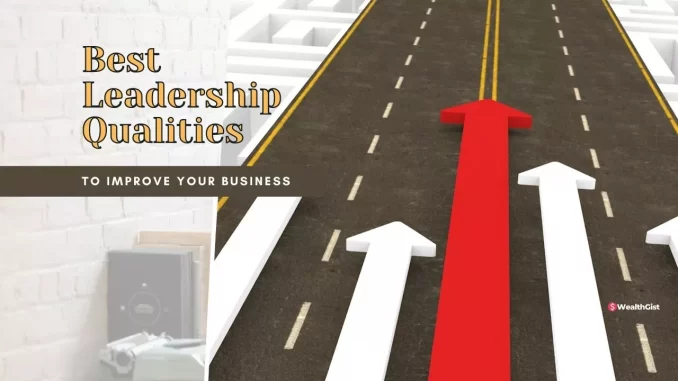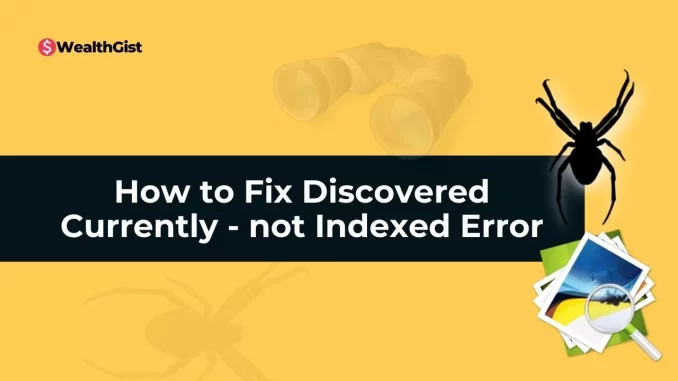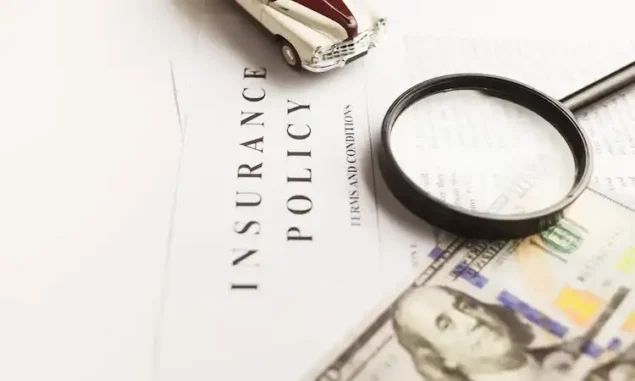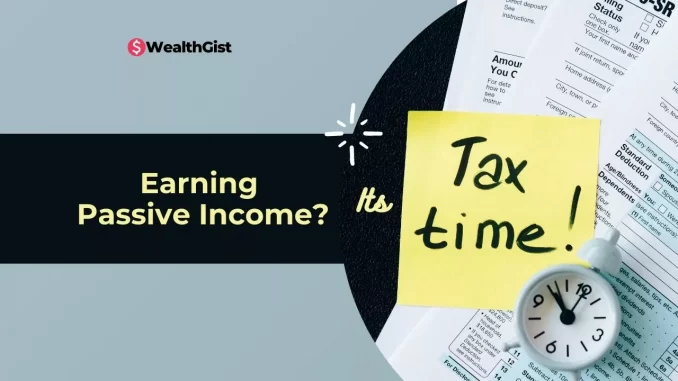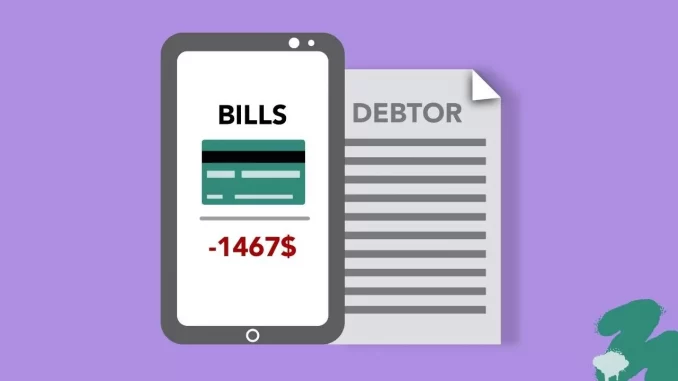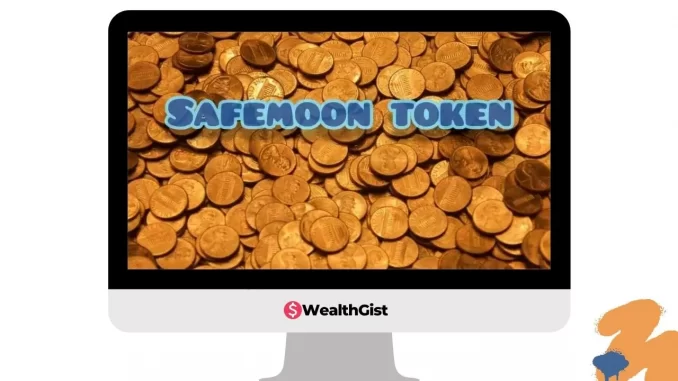Have debt collectors been calling you because of your unpaid debt? Let’s show you how to deal with debt collectors when you can pay, in this article.
If you experienced dealing with debt collectors you would understand that it is not for the faint-hearted.
After doing everything you could to catch up and pay, they just don’t care and they keep threatening you.
There are right and better ways to deal with them.
We have decided to show you how to deal with debt collectors when you can’t pay in the right way.
This article will discuss everything you need to know and understand about dealing with debt collectors for you.
Enjoy your read.
How Debt Collection Works
When your debt starts piling up beyond control, it’s easy to lose hope.
And it is at this time that your nearest debt collector’s office gets the idea that it’s the prime time to start pursuing you.
They will hound you daily with phone calls, letters, and threats and scare you into paying them.
What Debts Can Go to the Collection Office?
There is no amount of debt that can do to a debt collector.
Any debt you haven’t paid can be sold or assigned to a debt collections agency.
Some of the most common debts sent to debt collectors are:
- Credit card
- Car loan
- Medical/hospital bills
- Student loans
- Mortgage payments
However, you will be informed that your bill has been sent to debt collectors.
What happens if I don’t pay a debt collector?
There are few legal options and limits to curb debt collectors.
That’s why we chose to educate you on how to deal with debt collectors when you can pay.
However, the Federal Trade Commission has a list of rules under the Fair Debt Collection Practices Act (FDCPA) that insures you from shameless debt collectors.
So, if you’re being harassed by a debt collector, you’ll want to commit these to memory and refer to that.
What Can Debt Collectors Do?
Debt collectors can:
- Contact you at any time and by any means possible.
- Send an Email, text, or send direct message even on social media.
- Talk to your spouse to find out how to get in touch with you.
- Sue for your payment.
- Try to get you to pay on old debts that are past the statute of limitations.
- Charge an interest, not on top of any interest you were already paying.
What Debt Collectors Can’t Do
One of the ways how to deal with debt collectors when you can’t pay, you need to understand what they can do.
So, if they abuse the privilege, you are free to take legal action against them.
As such, debt collectors can’t:
- Lie or try to hide who they are
- Increase how much you owe.
- Tag you publicly on social media.
- Keep calling/texting/emailing/sending letters if you’re writing a certified letter to stop them.
- Talk to anyone else more than once about your debt to try to shame you.
- Garnish your wages without taking you to court. Only if it’s a student loan or an IRS debt.
- Harass or threaten you with foul language or jail time.
However, if a debt collector goes on to harass, lie or threaten you, you may hire a lawyer for a small fee to send a certified letter asking them to stop contacting you.
You can also report them to the Federal Trade Commission to curb them.
How to Deal With Debt Collectors when you can’t pay
When you’re past due on a hospital bill, car loan, cell phone bill, or debt you owe money on, that is when debt collection sets in.
If you haven’t shown signs of paying the bill, the company you owe will send your account to collections to try to get their money.
Most times, these companies will sell your debt to a collection agency for pennies.
More so, they can hire a collection agency to be their muscle and “make you an offer you can’t refuse.”
All of these tactics are just to make you pay their money.
The next thing may be to negotiate with them.
Best ways how to deal with debt collectors when you can’t pay
Here are 5 ways how to deal with debt collectors when you can’t pay and they keep calling.
1. Don’t be pressurized
When debt collectors keep calling, sending letters, and threatening, don’t feel pressurised.
Keep calm and take care of your immediate family needs.
That way you can be sure to be calm enough to look for money to pay your debt.
Don’t let their pressure get you into using money meant for your immediate family’s urgent needs to be paid. Keep calm and don’t feel pressured.
2. Understand your rights
You need to know what collectors can and can’t do when trying to get their money.
We have listed them above.
If you feel going they are going abound, you can refer to the Federal Trade Commission’s published Fair Debt Collection Practices Act to help you know when they’ve crossed the line.
3. Know your debts
Know the actual amount you owe, this will help you when you start getting phone calls and letters.
Meanwhile, most collectors aren’t afraid to lie to get you to pay your debt and more.
“You can tell they’re lying if their mouth is moving.” — Dave Ramsey
4. Know that you can negotiate with them and settle
If you’ve got some money after you’ve paid for food, utilities, shelter, and transportation, you can start negotiating with them.
In this case, you have the money and you have the upper hand in negotiations.
5. Learn how to negotiate with debt collectors
The best way how to deal with debt collectors when you can’t pay is to learn how to negotiate with them.
This is for your emotional and mental protection and not a pass to skip out on money you owe.
You need to get your bills paid but you should negotiate how you want to pay conveniently without harassment.
However, debt collectors can refuse your payment plan.
This is because they are not under any legal requirement to accept smaller payments over some time but it doesn’t mean they won’t negotiate with you.
Conclusion on how to deal with deal collectors when you can’t pay
When dealing with debt collectors, you just know what they can do and what can’t.
This is because they have biding rules by the Federal Trade Commission.
More so, you must know your right, know how much you owe, know that you can negotiate with them, and learn how to do that.
However, do not give them any money until you have the settlement offer in writing.
This means that you must get your offer in writing and keep a copy of how much you owe them.
More so, do not give them access to your checking account as they’ll clean you out.
Also, don’t give them your account details over the phone.
In addition, keep a record of how you are paying your debt and send them evidence if possible.
We hope this post will help you how to deal with debt collectors when you can’t pay.
Don’t forget to use the share button.
I’m an experienced media executive and Entrepreneur. A complex problem solver and deep thinker capable of leading teams to meet targeted goals. I’m passionate about Digital Marketing | Blogging | SEO and Content Optimization. A tech-savvy With over 10years of experience in the industry, helping other Startups and business fulfil their goals is my commitment. My passion is assisting individuals in finding their talent, and my job is to assist organizations in realizing their full potential.
